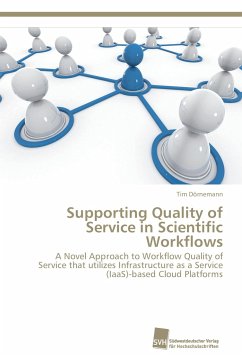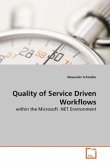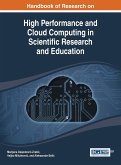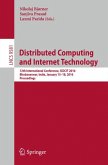In this book, the use of the industry standard BPEL, a Turing-complete workflow language for modeling business processes, is proposed for the modeling and the execution of scientific workflows. BPEL is well suited for the modeling of scientific workflows, but existing implementations of the standard lack important properties - such as availability, reliability, and scalability - that are necessary for the execution of scientific workflows. This work presents components that extend an existing implementation of the BPEL standard and eliminate the identified weaknesses. Those components include a provisioner which enables the system to automatically provision virtual machines from Cloud environments. It is steered by a multi-objective genetic scheduling algorithm that takes data flow dependencies and cost into account. A policy-based fault-tolerance component improves reliability and availability of the system by using a variety of mechanisms, including Cloud-based substituion of faulty servers. Lastly, a comprehensive suite of easy-to-use graphical development and modeling tools is presented.
Bitte wählen Sie Ihr Anliegen aus.
Rechnungen
Retourenschein anfordern
Bestellstatus
Storno








